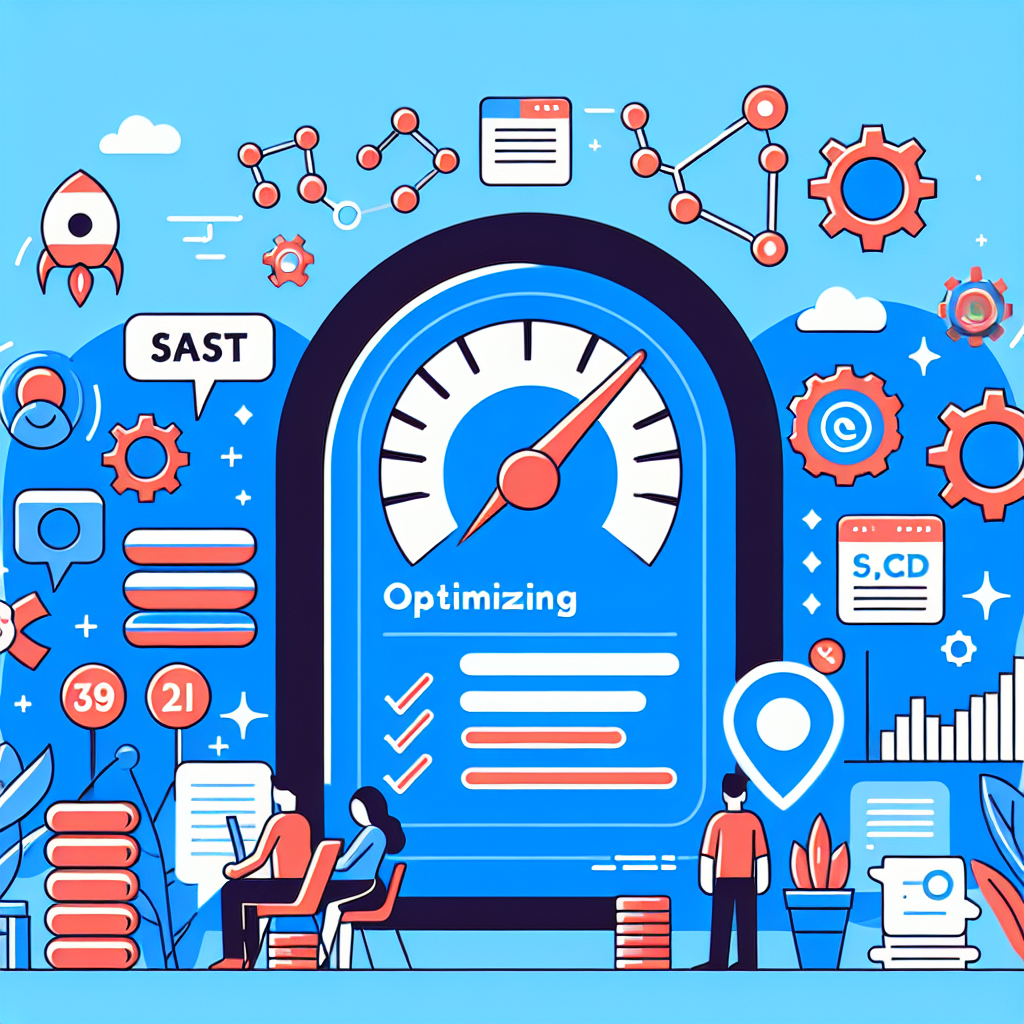📜 Table of Contents
Understanding WordPress Performance Optimization: Speed Up Your Site 10x
Technology shapes modern life in ways both visible and invisible. WordPress Performance Optimization: Speed Up Your Site 10x represents an important area where understanding current capabilities and best practices enables effective utilization while avoiding common pitfalls. Digital literacy has become essential for navigating contemporary personal and professional environments.
Rapid technological evolution creates continuous learning requirements for maintaining relevance. What seemed cutting-edge yesterday becomes standard or obsolete tomorrow. Developing frameworks for evaluating new technologies enables confident adoption decisions without succumbing to either excessive enthusiasm or inappropriate skepticism.
Core Concepts and Architecture
Understanding how technologies function beneath surface interfaces enables more effective utilization and troubleshooting. Abstract concepts become concrete through exploration of underlying mechanisms. This foundational knowledge supports adaptation as specific implementations evolve.
System thinking reveals how components interact to produce emergent capabilities. Individual elements may appear simple while combinations create complex behaviors. Recognizing these patterns helps predict system responses and diagnose unexpected outcomes.
Technical Foundations
Every technology builds upon established foundations that constrain and enable its capabilities. Understanding these foundations reveals why certain features exist, why limitations persist, and where future development may proceed. Historical context illuminates design decisions that might otherwise seem arbitrary.
Standards and protocols enable interoperability between systems from different vendors and eras. These shared agreements represent accumulated industry wisdom about effective approaches. Familiarity with relevant standards helps evaluate competing options and anticipate compatibility issues.
Security Considerations
Digital security requires ongoing attention as threats evolve alongside defensive capabilities. Understanding common attack vectors enables recognition of suspicious activities and appropriate protective measures. Security awareness transforms from paranoid inconvenience into sensible precaution.
Defense in depth layers multiple protective measures rather than relying on single solutions. Strong passwords, two-factor authentication, encrypted connections, and regular updates each provide partial protection that combines for substantial security improvement. No single measure provides complete protection.
Practical Implementation
Theoretical understanding requires practical application for developing genuine capability. Hands-on experimentation reveals nuances that documentation cannot convey. Embracing learning through doing accelerates skill development while building confidence.
Starting with simple implementations before advancing to complex applications builds foundational skills supporting later sophistication. Rushing toward advanced features before mastering basics creates fragile understanding vulnerable to unexpected situations. Patient progression produces more robust capability.
Configuration and Customization
Default settings rarely optimize for individual needs and circumstances. Thoughtful configuration aligns technology behavior with personal requirements and preferences. Time invested in proper setup returns dividends through improved daily experience.
Documentation review before configuration prevents common mistakes and reveals options otherwise overlooked. Quality documentation deserves careful reading rather than impatient skimming. When official documentation proves inadequate, community resources often provide practical guidance from experienced users.
Integration and Workflow
Individual tools gain power through integration with complementary systems. Modern ecosystems enable data flow between applications that previously required manual transfer. Understanding integration capabilities reveals efficiency opportunities invisible when viewing tools in isolation.
Workflow optimization requires honest assessment of current processes before implementing changes. Automating inefficient workflows amplifies inefficiency rather than improving outcomes. Step back to evaluate whether processes deserve automation or require fundamental redesign.
Troubleshooting and Problem Solving
Technical difficulties inevitably arise regardless of preparation quality. Systematic troubleshooting approaches resolve issues more efficiently than random attempts. Developing diagnostic frameworks applicable across different technologies builds transferable problem-solving capability.
Error messages provide valuable diagnostic information that frustrated users often ignore. Reading messages carefully, searching for specific error codes, and understanding what systems report enables targeted investigation rather than blind guessing.
Resource Utilization
Vast knowledge resources exist for nearly every technical challenge. Search engine queries, official documentation, community forums, and video tutorials provide multiple learning pathways. Developing effective research skills dramatically reduces time spent struggling with solvable problems.
Community participation offers both learning opportunities and chances to contribute. Helping others reinforces personal understanding while building reputation that attracts assistance when needed. Technical communities reward generosity with support during difficult challenges.
Knowing When to Seek Help
Self-sufficiency has limits beyond which professional assistance becomes appropriate. Recognizing these boundaries prevents wasted time and potential damage from attempts exceeding current capability. No shame exists in acknowledging when situations require expert intervention.
Preparing clear problem descriptions before seeking help respects others’ time while increasing likelihood of useful responses. Documenting attempted solutions, observed symptoms, and relevant system details enables helpers to provide targeted assistance rather than generic suggestions.
Staying Current
Technology evolution requires ongoing learning to maintain relevance. Following industry news, exploring new releases, and periodically reassessing tool choices prevents gradual obsolescence. However, chasing every new development wastes energy better spent on proven solutions.
Distinguishing genuine advances from marketing hype protects against premature adoption of immature technologies. Established solutions with proven track records often serve better than bleeding-edge alternatives despite less exciting features. Stability and reliability deserve weight alongside novelty.
Privacy and Ethics
Technology use raises privacy and ethical considerations deserving thoughtful attention. Data collection practices, algorithmic decision-making, and digital footprint implications affect individuals and societies. Informed users make conscious choices about acceptable tradeoffs.
Understanding what data technologies collect, how it’s used, and who has access enables informed consent decisions. Default privacy settings rarely prioritize user interests. Reviewing and adjusting privacy configurations aligns actual behavior with personal preferences.
Conclusion
WordPress Performance Optimization: Speed Up Your Site 10x provides capabilities enhancing productivity, communication, and life quality when properly understood and applied. Continuous learning maintains relevance as technologies evolve while building adaptable skills applicable to future developments.
The investment in technical understanding yields returns through improved problem-solving ability, greater efficiency, and reduced frustration with digital tools increasingly central to modern life. Embrace the learning journey with patience and curiosity.
❓ Frequently Asked Questions
🚀 Keep Exploring
Discover more articles, guides, and tools in WordPress




